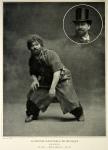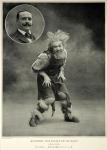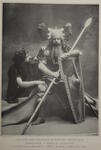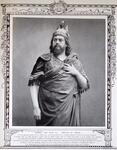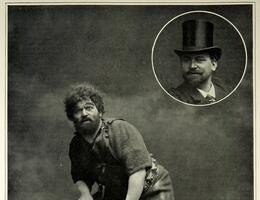
Richard WAGNER
1813 - 1883
Composer, Librettist
Wagner was undoubtedly the composer provoking the most extreme and most contrasting reactions: incomprehension, venomous criticism and impassioned reverence. In France, he became a symbol of modernity, owing at first to various writers, as can be seen in particular by texts written by Baudelaire, and the Revue wagnérienne, which was founded in 1885 by Édouard Dujardin and whose contributors included Catulle Mendès, Villiers de L’Isle-Adam and Mallarmé. Many artists made the “pilgrimage” to the Festspielhaus in Bayreuth, inaugurated in 1876. Although Wagner breathed new life into the genre of opera, he started by assimilating the dramatic models of his time: Die Feen, the romantic opera handed down by Spohr, Weber and Marschner; Das Liebesverbot, the opéra comique and opéra bouffe, whose influence was still apparent in Die Meistersinger von Nürnberg; Rienzi slipped into the mould of grand opera, certain characteristics of which could still be detected in the works of his maturity. From Der Fliegende Holländer onwards (premiered in 1843), Wagner mainly drew his inspiration from legends and Celtic, Germanic or Nordic myths, sometimes intermingled with historical fact (Tannhäuser, Lohengrin, Tristan und Isolde, Der Ring des Nibelungen, Parsifal). To ensure his musical discourse was a seamless “art of transition”, he filled it with unifying guiding themes (leitmotifs), and developed a harmonic language that indefinitely postponed resolution. He also gave the orchestra an increasingly important role, enabling it to comment on the sung text, reveal the characters’ unconscious, and prefigure or recall events.
Focus
Works
Aus Richard Wagner’s ‟Lohengrinˮ und ‟Tannhäuserˮ Paraphrase op. 35
Alfred JAËLL / Richard WAGNER
1854
Der Ritt der Walküren, transcription pour piano de la Chevauchée des Walkyries
Louis BRASSIN / Richard WAGNER
1870




